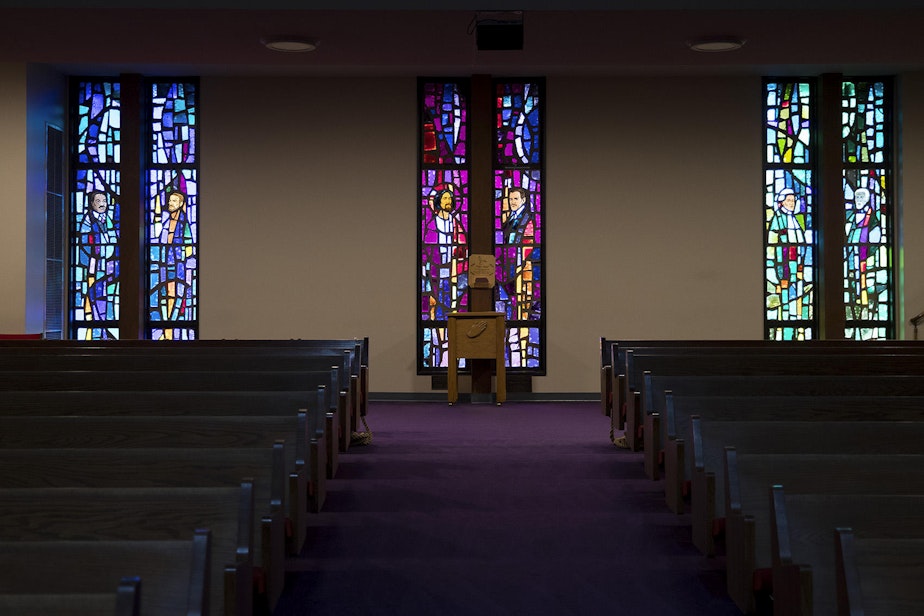Affirmative action may return to Washington state

Hundreds will march along Union Street tonight to Mount Zion Baptist Church to commemorate the anniversary of the 1963 March on Washington.
KUOW's Angela King spoke with one of the marchers, former state Rep. Jesse Wineberry.
King: More than a half-century after the March on Washington, where does the U.S. stand on civil rights?
Wineberry: We stand as a divided nation. That's shown to us every day by the divide between the Trump Administration's policies and the resistance movement. We see that around the country and here in Washington state.
Initiative 200 was passed 20 years ago to eliminate racial and gender preferences in Washington state hiring. There's a new initiative to restore affirmative action. How would I-1000 change the law?
Proponents of I-200 confused affirmative action with preferential treatment. It has hurt women and people of color and has been a black eye on Washington state's history. If Dr. King was here today the singular issue he would focus on is repealing I-200. So I-1000 is the response.
What we're doing with I-1000 is defining preferential treatment for the first time using the state Supreme Court case that basically says the only time you engage in preferential treatment is not when you use affirmative action but when you elevate an unqualified applicant for a job or college over a qualified applicant.
That definition was never given to the people of Washington state (when I-200 passed). So they were left to more or less define what preferential treatment was in their own minds. We are approaching it with more transparency by giving a definition so people know what they're voting on.
What's next for I-1000?
Tonight is our kickoff event to celebrate civil rights and raise awareness about the initiative. Our goal is to use the time we have between now and January to gather the 300,000 signatures we need to present I-1000 to the state legislature.



